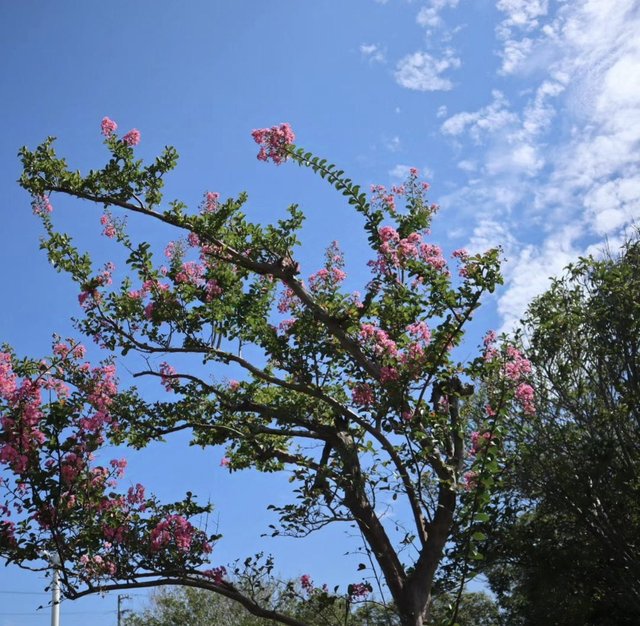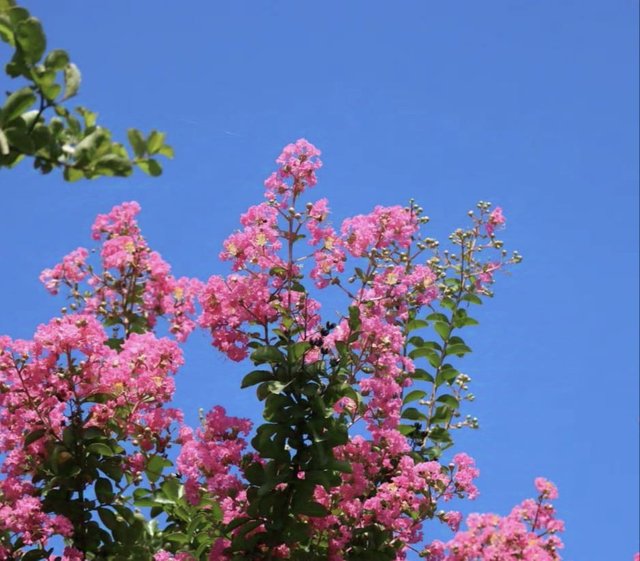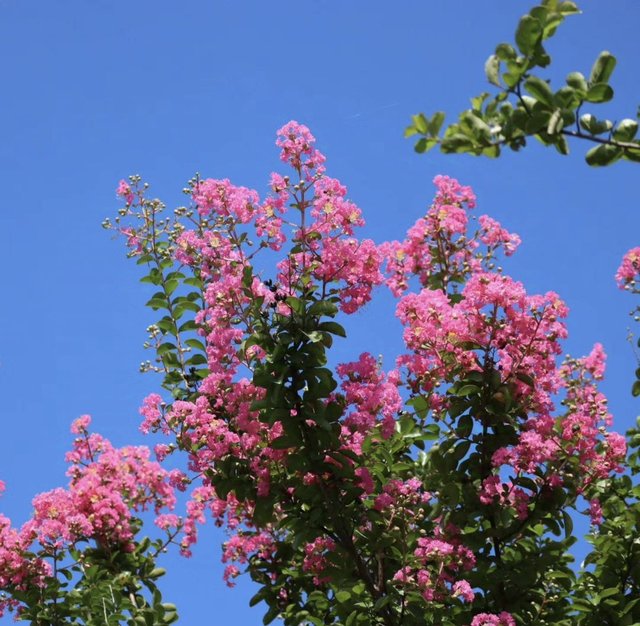Crepe Myrtle




The Crepe Myrtle is a captivating ornamental tree known for its striking, long-lasting flowers, attractive bark, and rich cultural significance. Native to Asia, this plant has become a beloved addition to gardens and landscapes worldwide, particularly in regions with hot, sunny climates. Its vibrant blooms, adaptability, and ease of care make it a favorite among gardeners and landscapers alike. Let's explore this remarkable flowering tree in detail, from its appearance and varieties to its growth habits and cultural importance.
Crepe myrtle flowers are undoubtedly the highlight of the plant. Blooming from mid-summer to early fall, the tree produces an explosion of color that ranges from pinks, purples, reds, and whites, depending on the variety. These flowers grow in large clusters, or panicles, and their delicate, crinkled petals resemble crepe paper, hence the name "Crepe Myrtle." The flowering season is typically long, lasting for several months, which adds to its ornamental appeal.
The tree’s foliage is equally attractive, with dark green leaves that turn shades of yellow, orange, or red in autumn, creating a striking contrast with the vivid flowers. The smooth, peeling bark of older crepe myrtles reveals a patchwork of tan, gray, or brown beneath, adding year-round interest even when the plant is not in bloom.